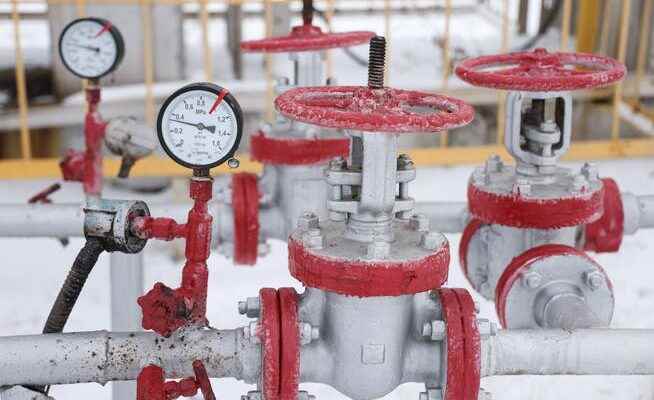Gas is currently in short supply in Europe. Capping the prices that have risen as a result by law is dangerous populism. The EU countries would have done better without it.
Highly complex and of questionable benefit: the EU’s natural gas price cap
Shortly before Christmas, the EU member states agreed on a law “to protect citizens and the economy from excessively high prices”, known under the catchphrase “natural gas price cap”. It is an example of a law that has gone haywire.
Fear of renewed yellow vest protests
As is so often the case, the intention behind it is noble. The heads of state and government want to do something about the high energy prices that are weighing on citizens. However, they are not only doing this out of charity, but also because they want to avoid riots along the lines of the French yellow vest protests. These began in 2018 because of higher fuel taxes.
Unfortunately, the governments of 15 EU countries – including the heavyweights France, Italy and Spain – have succumbed to the populist temptation to pretend that price controls can solve the problem. The fact that this does not work in reality has been shown, for example, by Hungary’s Prime Minister Viktor Orban’s petrol price cap.
If a supplier has the choice between a fee fixed below the market price and the market price, he will sell his goods at the market price. And since there is a global market for natural gas, suppliers will try to avoid Europe when prices are higher elsewhere.
The price cap that the EU member states have agreed on is a bit trickier than simply a decree à la Orban.
In very simplified terms, the cover can be summarized as follows. If the price for natural gas delivered in the next month on the European reference market in the Netherlands exceeds a certain level for a certain period of time and at the same time natural gas is significantly cheaper elsewhere, then a maximum price is activated. This corresponds to the market price for liquefied natural gas (LNG) plus a premium.
So if the LNG world market price rises sharply, very high prices in the EU are possible even with this so-called market price correction mechanism. From this point of view, it is not a “real”, namely fixed cover.
There are also numerous safeguards that the opponents have built into the template. If the security of supply is at risk, the mechanism is suspended.
Assuming that the 27 governments of the EU states have not suddenly lost all economic expertise, the situation should be as follows. The advocates of a lid can boast at home that they have set a maximum price. At the same time, they – and the opponents – know that the lid is still pretty high. If it were also activated, it could be switched off again immediately for a variety of reasons.
The principle of hope reigns
It is ultimately an economic policy experiment with a cap that is actually not supposed to be a cap at all. German Chancellor Olaf Scholz “hopes” that this will “never be relevant”. His Economics Minister Robert Habeck “hopes” that “the political power” will be found to “question the matter again” if the intervention turns out to be “not opportune”.
Only: The principle of hope is not a sufficient basis for responsible politics. And the experiment threatens to cause damage even without activating the price cap.
A cap would endanger financial market stability and the maintenance of fair and orderly markets, warns Europex, the association of European energy exchanges. Gas price caps did not solve a supply crisis, but fundamentally risked the security of supply in Europe, said the Association of German Industry (BDI) on behalf of many critical voices in Germany.
Such experiments are the last thing Europe needs right now.
